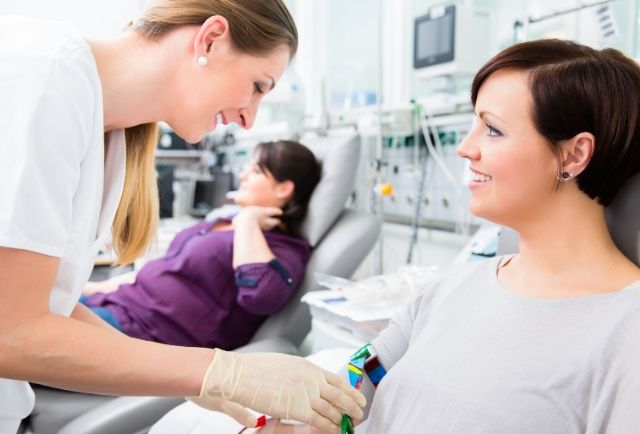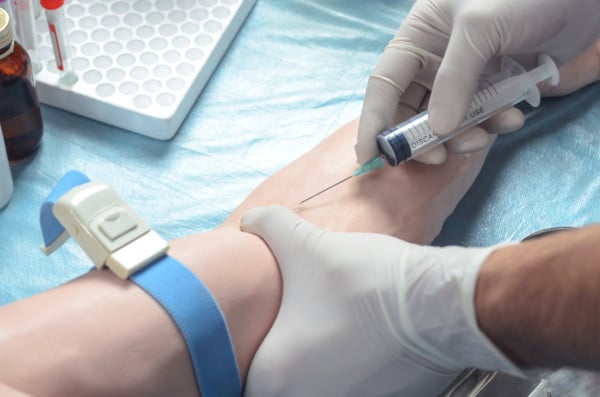Phlebotomy is a speciality that involves the collection of blood samples from patients. It is carried out by trained professionals who are called phlebotomists. The profession has many benefits, but it can be demanding too. This article will help you understand what phlebotomy service is and what kind of work you can expect from it.
The word “phlebotomy” means to take blood. Phlebotomists are responsible for collecting all types of blood samples, including venous and arterial blood samples in hospitals as well as at home or any other place where they are needed. They collect samples for private blood tests by drawing them manually, using needles and syringes, or even by suctioning them out of the body. When they collect a specimen, they send it to the laboratory where it will be processed according to its type and volume before being sent back to the patient or used for research purposes.
Phlebotomy requires a lot of knowledge about the body and human physiology. The volunteer for phlebotomy must be healthy, so it is important to be able to identify diseases and conditions that may affect their health. Another thing you need to know about phlebotomy is that it involves some type of physical activity. You have to draw blood from the veins in your arms and then place it in a tube using a special device called a phlebotomist or phlebotomics technician, who will collect it in another container.

The phlebotomist, also known as a phlebotomist technician or phlebotomy technologist, draws blood from patients in order to perform a variety of tests and procedures. Phlebotomists are trained to provide first aid if an accident occurs during their work, such as bleeding or lacerations.
Many people think that being a phlebotomist means working with needles all day long, but this isn’t true at all! In fact, most people who become licensed as a phlebotomist only work with patients in hospitals or clinics where they are trained by an experienced phlebotomist.
Phlebotomists have many responsibilities. They must be able to draw blood from patients, administering medications and testing for diseases, among other things. The job description for phlebotomists varies depending on their experience level and expertise in the field. Some may specialize in particular areas such as diabetes or dialysis and others may work specifically with children or babies as part of their duties as well.
Phlebotomy technicians must have good communication skills and be able to work well in a team environment. They need to have excellent interpersonal skills and be able to respond quickly when necessary.


